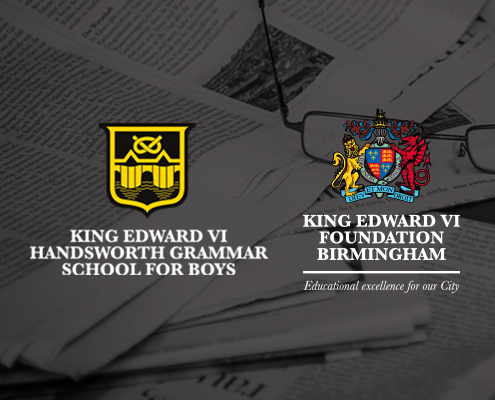Focus on Education July 2022
I now know what an umbraphile is (and it’s not as bad as it sounds.) It took me approximately 7 seconds to discover. The Universe kindly delivered a beautiful full moon last week so I took to Wikipedia for something intelligent to say about it. A reference to umbraphile’s piqued my curiosity. Two clicks later, I learned they are lovers of shadows, eclipse chasers, folk who travel the world in order to witness the moments when the Sun, Moon and Earth align.
Two clicks. Seven seconds. Question answered. Had my teen-self encountered the same word 40 years ago, what would I have done? Dragged out the Encyclopedia Britannica? Unlikely, as those weighty volumes mostly did service as ramps for the Scalextric slot car track in our house. Or asked a teacher or parent? Equally unlikely, as the asking of unsolicited questions was certain to get you branded a nerd. Plus, the word sounds a bit dodgy, so the embarrassment alarms would have been sounding. The truth is, however intrigued I may have been in the instant that I saw this strange new word, my teenage curiosity would almost certainly have flitted elsewhere before an easily accessible answer came to hand.
Curiosity is often a flash of gold in a fast-moving river. Miss the moment to mine it and you are unlikely to find it again later. We are all born hard-wired to be curious; it’s how the species survives. Often though, ‘natural curiosity’ is used as in the pejorative. We tend to associate the term with children poking screwdrivers into electric sockets or asking awkward questions. What is worse, schools have done a pretty fair job of institutionally hammering the curiosity out of young people in the past few centuries.
Back to umbraphiles then. Two clicks, seven seconds and the answer to an idle, fleeting curiosity is now mine. Admittedly I am not likely to drop the word into daily conversation, but the itch in my brain was scratched and I learned something new.
And if I, an immigrant to the virtual world, am using the ubiquitous wealth of the web that way, imagine what the digital natives are doing. Our young people are growing up knowing that answers to their questions are often just a free wi-fi connection away. Yes, yes, we must teach them to be discerning about what they discover, to not be distracted by facile trivia, to always avoid the dark places on the Net. We should know what our children are accessing on social media and help them to understand the importance of using social media and the internet responsibly and intelligently. But just think; every time they have a fleeting curiosity about anything, they have an instant option to at least try and resolve it. They have just as many questions as we did at their age, but are much more likely to pursue them because answers are closer to hand.
By all means, we must keep talking and educating about digital safety in all forms. Let’s agree that schools must not be replaced by headphones and hard drives. Let’s insist that our children lift their heads from their screens occasionally and look up. But when they automatically ask Uncle Google a question, let’s celebrate. Because for all its ills, surely the internet is bringing our curiosity out of the shadows? We just need to ensure it does so safely, responsibly and intelligently – at all times.
Stay safe and well.
Be kind to yourself and each other.
Best wishes,
Dr Bird






















